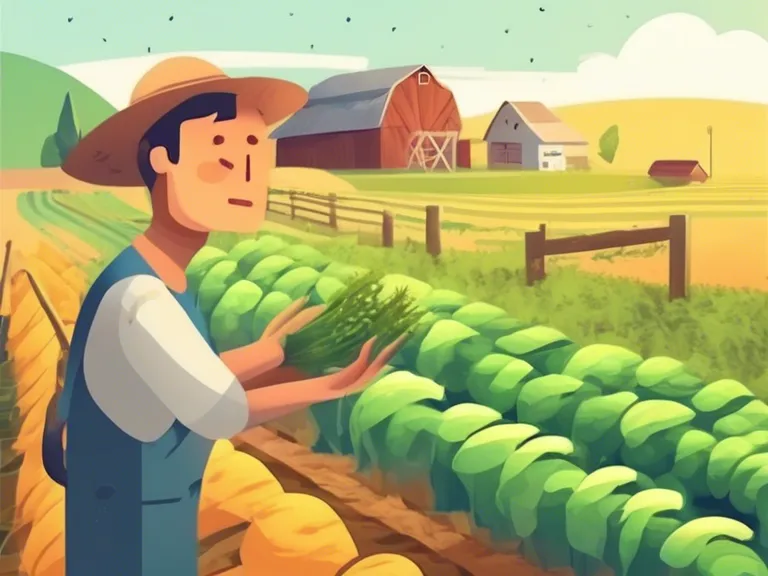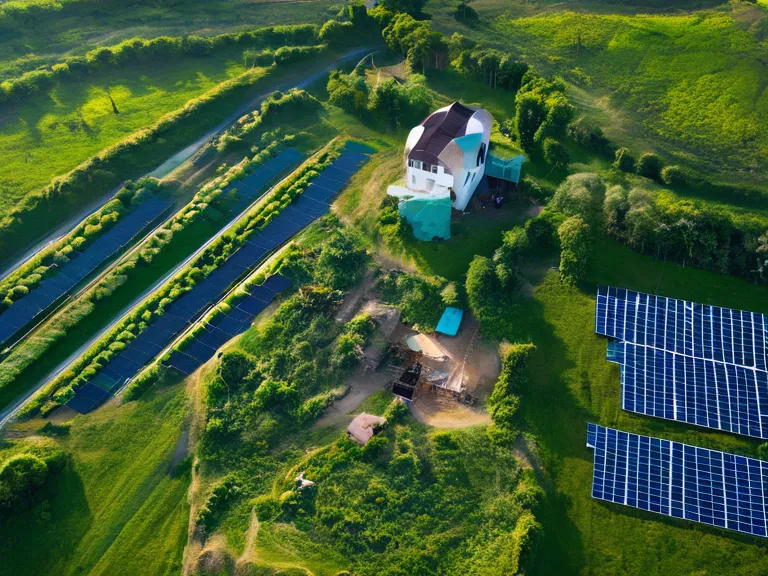
AI in Villages: Sustainable Practices for Local Farmers
In many rural villages around the world, agriculture is a way of life. However, the challenges faced by local farmers, such as unpredictable weather patterns, limited access to resources, and lack of modern technology, often hinder their productivity and profitability. Artificial Intelligence (AI) has the potential to revolutionize farming practices in these villages, making them more sustainable and efficient.
One of the key benefits of AI in agriculture is its ability to collect and analyze data to make informed decisions. By utilizing AI-powered tools such as drones and sensors, farmers can monitor crop health, soil conditions, and weather patterns in real-time. This data-driven approach enables them to optimize their farming practices, reduce waste, and increase yields.
AI can also be used to automate repetitive tasks, such as irrigation and pest control, saving farmers time and labor. By implementing smart farming techniques, villages can improve efficiency and reduce the environmental impact of agriculture. For example, AI-powered irrigation systems can ensure that crops receive the right amount of water at the right time, reducing water waste and increasing crop yields.
Furthermore, AI can help local farmers access valuable information and resources, such as market prices, weather forecasts, and agricultural best practices. By leveraging AI-powered platforms and apps, farmers can make better decisions that improve their livelihoods and the sustainability of their communities.
By embracing AI in agriculture, rural villages can transform their farming practices and improve their overall well-being. With the right tools and training, local farmers can harness the power of AI to overcome challenges, increase productivity, and build a more sustainable future for themselves and future generations.



